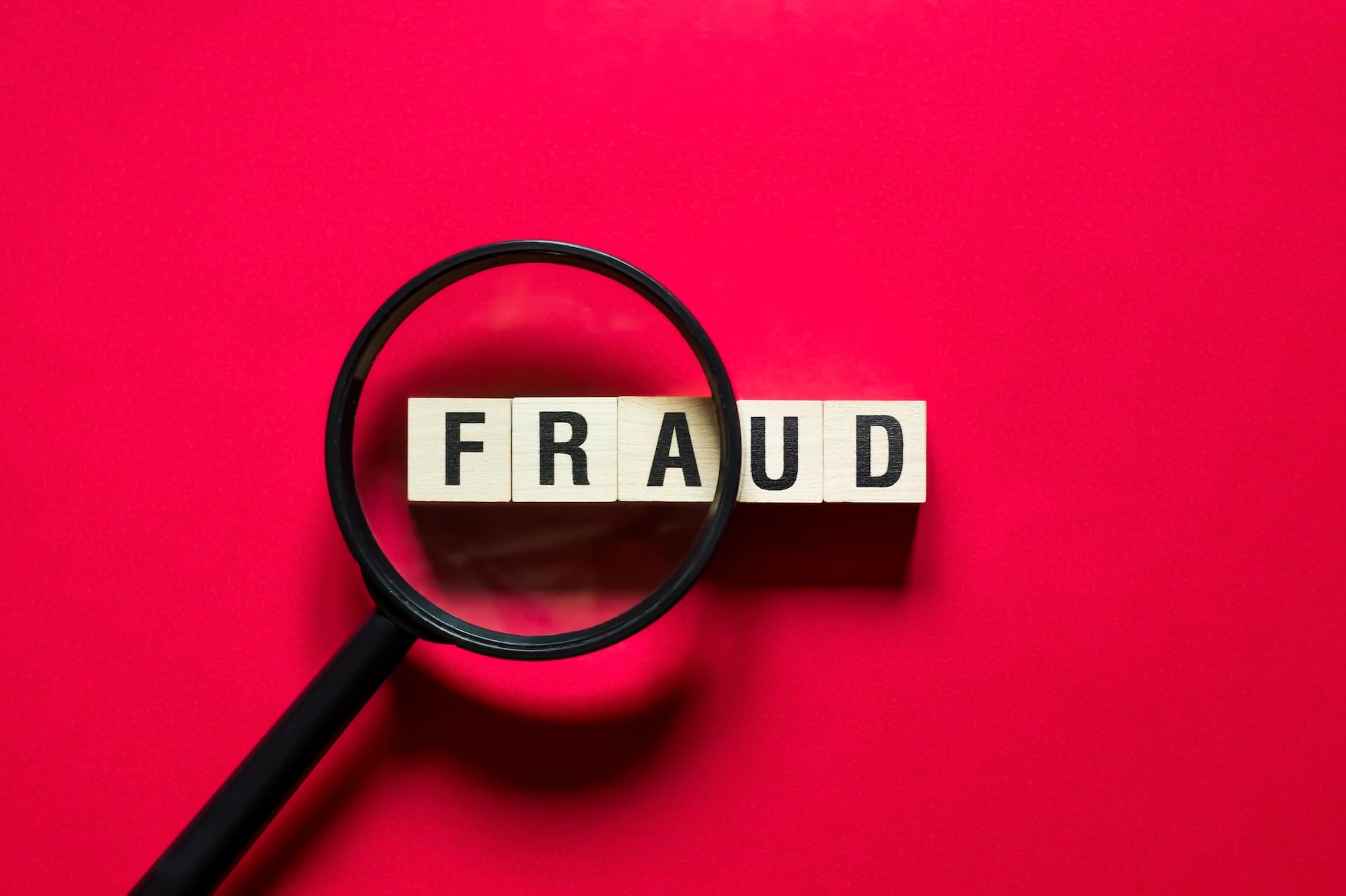Credit Sesame discusses online financial fraud committed over the Thanksgiving weekend.
The holiday season kicked off with Thanksgiving, Black Friday and Cyber Monday. This national holiday is a time for family get-togethers and cozy dinners, followed by some great gift deals for the holiday season. Unfortunately, hackers don’t take holidays.
Recent trends in online shopping fraud
A recent study by TransUnion found that during 2024’s Thanksgiving-to-Cyber-Monday period, a key time for holiday shopping, an estimated 4.6% of e-commerce transactions globally were considered fraudulent.
4.6% may not sound like a big number, but according to CapitalOne Shopping Research, there were 724 billion credit card transactions worldwide last year. If 4.6% of these were fraudulent, that equates to over 33 billion fraudulent transactions. In fact, 2024 saw a reduction in financial fraud. Last year, 6.0% of global e-commerce transactions were considered fraudulent. Also, fraud activity during this year’s Thanksgiving-to-Cyber-Monday period is lower than for 2024 up to that point. Before Thanksgiving, 7.5% of global e-commerce transactions in 2024 were thought to be fraudulent.
So this is a good news/bad news situation. The good news is that this year’s improvement shows it is possible to make a dent in cybercrime. The bad news is that it remains a very common problem.
The US vs. the world
The US is doing better than the rest of the world in slowing e-commerce fraud. 4.2% of US e-commerce transactions during the Thanksgiving-to-Cyber-Monday period were thought to be fraudulent, compared to 4.6% worldwide. Before Thanksgiving, 7.1% of US e-commerce transactions during 2024 were thought to be fraudulent, compared with 7.5%.
Like the rest of the world, the US has made progress this year in reducing the percentage of fraudulent transactions. However, big-picture statistics don’t negate the fact that occurrences of e-commerce fraud are still plentiful. If it happens to you, one occurrence is more than enough.
How online financial fraud is evolving
Here are some key predictions from an Experian report on cybercrime:
- A significant portion of cybercrime is likely to be perpetrated by teenagers and young adults, often recruited at a vulnerable age via gaming and social media platforms.
- As businesses train more employees in AI, an increasing number may exploit those skills to commit theft against their employers.
- Traditional encryption is rapidly becoming outdated, pushing businesses and consumers toward adopting more dynamic identification and verification methods.
The ever-evolving nature of cyber fraud ensures it will remain a persistent challenge for the foreseeable future.
Protecting yourself from online fraud
Becoming a victim of fraud can be a devastating, life-changing experience. Your goal should be to avoid being victimized by even one fraudulent transaction.
Here are some tips to help you pursue that goal.
- Be cautious about what you click. Scammers increasingly create realistic-looking retail websites and lure victims through texts and emails promoting unbelievable deals. They aim to trick you into providing credit card details under the guise of making a purchase.
- Never share sensitive information with a caller. Legitimate institutions rarely contact consumers to request such details. If you receive this type of call, hang up and contact the company directly using verified contact information.
- Avoid predictable passwords. Use creativity and avoid obvious choices like your name or birthday. Also, don’t reuse the same password across accounts. This way, if one password is compromised, others remain secure.
- Consider signing up for credit monitoring. Sudden changes in your credit score or unfamiliar accounts appearing on your credit report can be warning signs of identity theft.
- Review every transaction on your credit card statements. Question any charges you don’t recognize, even small ones, as they could signal attempts to siphon money from your account gradually.
The fight against online financial fraud is ongoing, especially during peak shopping periods like the holiday season. Recent trends progress in reducing fraudulent activity, but the threat remains significant. By staying vigilant and proactive, such as following the tips outlined above, you can protect yourself and your finances from cybercriminals. Even one instance of fraud can have lasting consequences, so taking preventative measures is always worthwhile.
If you enjoyed Were you a victim of online financial fraud over Thanksgiving? you may like,
- Staying safe from cyber threats in online banking
- Take steps toward better financial health this Thanksgiving
- Get your free daily credit score
Disclaimer: The article and information provided here are for informational purposes only and are not intended as a substitute for professional advice.




















